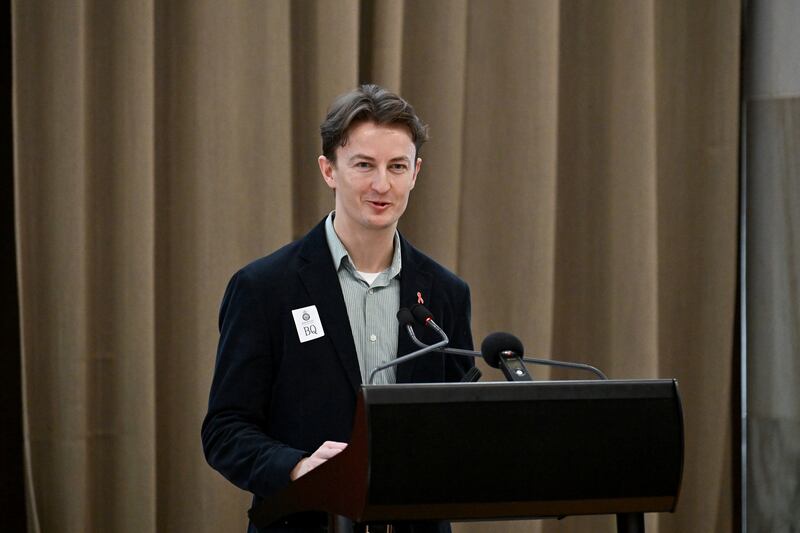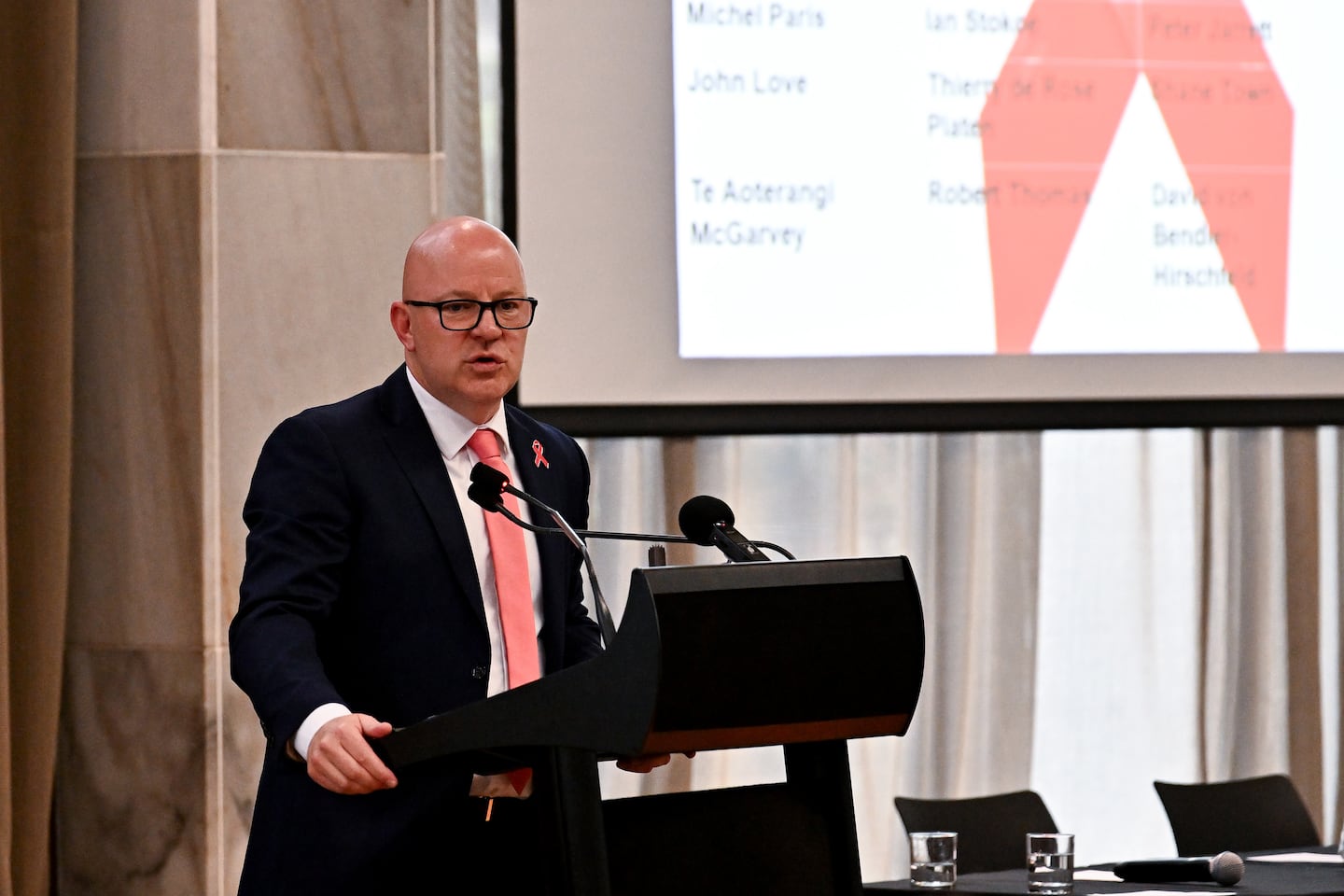Despite a year of cuts from the coalition government, it has agreed to keep the $18 million pledged by Labour in Budget 2022 to end HIV transmission.
This was confirmed by Associate Minister of Health Matt Doocey at a World Aids Day parliamentary breakfast earlier this week.
The goal is to eliminate local transmission by 2030, and if achieved, Aotearoa will be the first country in the world to do so.
Burnett Foundation Aotearoa chief executive Joe Rich was pleased the funding would remain unchanged but emphasised Māori needed to be at the forefront of advocacy efforts.
“This new report shows that success comes from having communities lead, as well as having targeted responses for those communities that are most marginalised, including takatāpui. We are appreciative of the government’s continued support for this work over the last 40 years of the HIV response, and the benefit for New Zealand as a whole is clear.”

Rich is referencing a new report on the social and economic benefits of a community-led HIV response, which found that every $1 invested in Burnett Foundation Aotearoa saves $5.05 in downstream costs by preventing new diagnoses.
“Our work is always people-centred and community-focused first but having the evidence that access to prevention and treatment also helps our economy and health resources, aids us in demonstrating the value of our mission.”
The report also found that HIV cases in Aotearoa have fallen by 56 percent per capita since peaking in 2016, while the foundation increased testing per capita by 51 percent during the same period.
This reduction has saved Aotearoa $175 million in lifetime costs over eight years, compared to if acquisition rates had remained at 2016 levels
As part of the $18 million funding not being cut, it will see the continuation of specific HIV prevention and stigma initiatives, including investments in contact tracing efforts, sexual health resources, and a national anti-stigma social marketing campaign.
Earlier in the week, Te Ao Māori News spoke to Toitu Te Ao which believes the best approach to reach the 2030 goal is through hauroa Māori.



